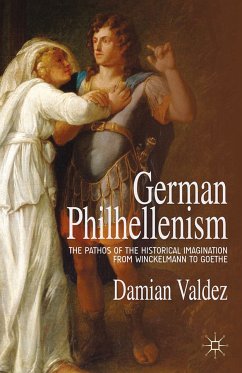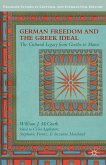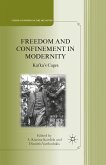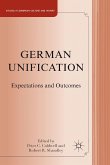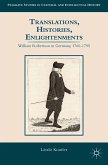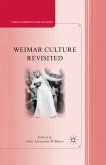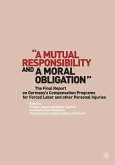Philhellenism the fascination with the art, politics, religion and society of ancient Greece- is a powerful and compelling phenomenon in German culture and intellectual history, creating a language and a series of key ideas that were to exert a continuous influence on German thought, aesthetics and politics well into the twentieth century. In this book Valdez examines the first generation of German Philhellenes from Winckelmann to Goethe. He shows how German Philhellenism was torn between the search for a historical whole which could explain and encompass Greek excellence, and the desire to incorporate individual aspects of Greece in a wider ethical and artistic enterprise, and finally, to give it a place in the history of freedom itself. Valdez also shows that German philhellenic ideas grew out of a dialogue with French and British ideas and historiography. He charts how the fascination with Greek antiquity was reflected in theatre and literature and how the longings and idealisation of Philhellenes clashed with the more critical and sober historians of the Enlightenment. The book also explains how the search for the historical reality of philhellenic ideals created intense emotional and ideological conflicts about the unique nature of male friendship in ancient Greece and about the position of women in ancient Athens.
Dieser Download kann aus rechtlichen Gründen nur mit Rechnungsadresse in A, B, BG, CY, CZ, D, DK, EW, E, FIN, F, GR, HR, H, IRL, I, LT, L, LR, M, NL, PL, P, R, S, SLO, SK ausgeliefert werden.

